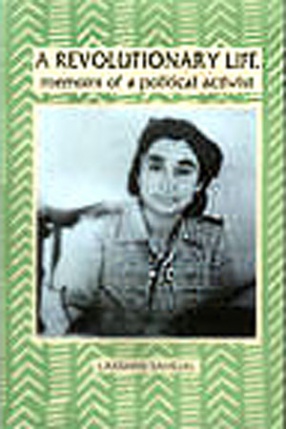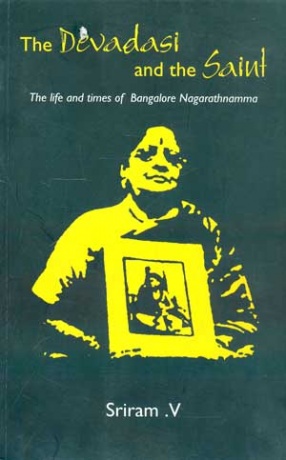The Fractured Scales: The Search for a Uniform Personal Code
Synopsis
Women all over South Asia experience a common predicament when it comes to the religious-personal laws of their communities that ‘normalize’ their exclusion and emphasize their inferior status vis-?-vis men. All matters of marriage, divorce, custody, maintenance and inheritance fall under religious-personal laws, which combined with customary practices, perpetuate injustice and suffering. Focusing on the position of women within the state, law and religion, Faustina Pereira suggests ‘ways to balance the fractured scales of social justice’. She argues with passion that the ‘first priority for gender justice is legal equality’. She says the family sphere, where the religious-personal laws operate, is a valid arena for state intervention, adding that there is a perception that personal rights must change with the times. Thus the public and personal spheres can be re-negotiated to bring the religious-personal laws under unified personal codes that would ensure gender-justice within the family across the region. In her investigation, deep-rooted anomalies in the religious-personal legal systems of South Asia surface. Pereira looks particularly at Bangladesh, where much of the laws governing the personal sphere are incompatible with the socio-legal ethos of the state and are in violation of its constitution and international human rights instruments which the state is pledged to uphold. In the case of South Asia in general and of Bangladesh in particular, the book considers the issue of gender equality in the context of a struggle between the forces of religious extremism and secular liberalism. This struggle permeates every aspect of public and private space. Whereas in the post-independent subcontinent, important economic and social events have increased women’s mobility between the spheres, the overall notion of womanhood has not changed. Women are still seen in primarily moral and residual terms. This notion plays out in power relations in the family, access to and enjoyment of land, and competence in the marketplace. The book exposes the serious need for greater consolidation of personal laws and uniformity in their application, for bringing them in closer conformity to principles of equity and human rights, and for more responsive participation of the state in the regulation of the personal sphere. One of the ways towards such consistent regulation would be a code of uniform personal laws for each country, which would provide a forum of choice for litigants who suffer because of disparate personal laws. The choice envisaged herein is of empowerment rather than compromise, once certain core capabilities are ensured.
Read more
23.75
21.375
$
25.00 $
Free delivery Wolrdwidе in 10-18 days
Ships in 2-4 days from New Delhi
Membership for 1 Year $35.00
Get it now and save 10%
Get it now and save 10%
BECOME A MEMBER







Bibliographic information